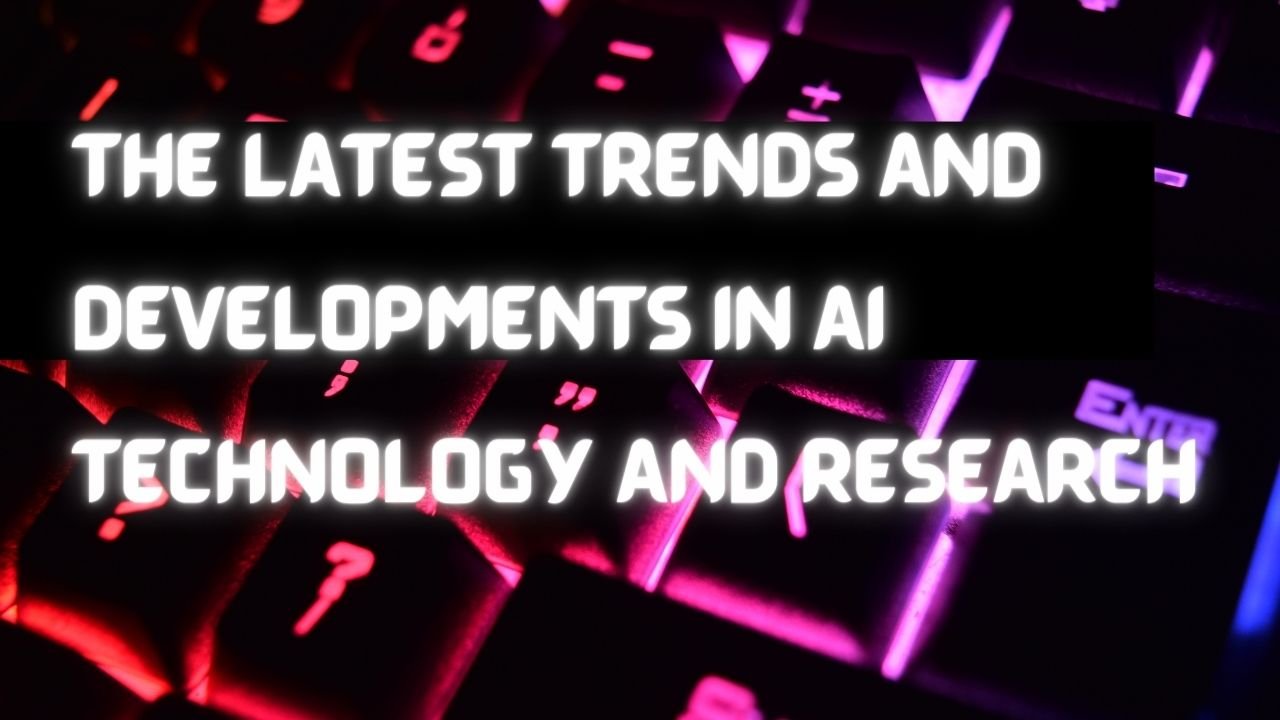Artificial intelligence (AI) technology is the ability of machines to perform tasks that normally require human intelligence, such as perception, reasoning, learning, decision making and problem solving. AI technology is rapidly advancing and becoming more accessible, affordable and scalable for various industries and sectors. In this article, we will explore some of the latest trends and developments in AI technology and research, and what impact they will have on the future of AI.
Large Language Models
One of the most prominent trends in AI technology and research is the development of large language models (LLMs), such as ChatGPT, that use tremendous amounts of data and parameters to build much better AI models that can understand and generate natural language. LLMs are currently at the center of attention in AI research and development, as they open the door for countless new use cases, such as content creation, conversational agents, knowledge extraction, summarization, translation, etc. However, LLMs also pose some challenges, such as requiring huge computational resources, generating biased or harmful outputs, and raising ethical or social issues.
Generative AI
Another trend in AI technology and research is the development of generative AI, which involves AI models generating output in requests where there is not a single right answer, such as creative writing, image synthesis, music composition, etc. Generative AI can augment human capabilities and creativity by providing data analysis, simulation, visualization, generative design, natural language processing, computer vision and other tools that can create novel and diverse outputs. Generative AI can also create new opportunities and challenges for various industries and sectors, such as entertainment, education, healthcare, manufacturing, etc.
Multi-modal Learning
A third trend in AI technology and research is the development of multi-modal learning, which involves AI models processing and integrating multiple types or modes of data, such as text, images, audio, video, etc. Multi-modal learning can enhance the performance and functionality of AI models by leveraging the complementary information from different data sources. Multi-modal learning can also enable new applications and experiences that require cross-modal understanding and generation, such as image captioning, video summarization, speech recognition, etc.
Reinforcement Learning
A fourth trend in AI technology and research is the development of reinforcement learning, which involves AI models learning from their own actions and feedback rather than from labeled data or predefined rules. Reinforcement learning can enable AI models to achieve complex and dynamic goals by exploring and optimizing their behavior in uncertain and changing environments. Reinforcement learning can also enable new breakthroughs and innovations in fields such as robotics, gaming, autonomous vehicles, etc.
Responsible AI
A fifth trend in AI technology and research is the development of responsible AI, which involves ensuring that AI models are ethical, fair, accountable, transparent and trustworthy. Responsible AI can address some of the challenges and risks posed by AI technology, such as bias, discrimination, privacy, security, etc. Responsible AI can also ensure that AI technology is aligned with human values, principles and objectives, and that it benefits society and humanity at large.
Conclusion
AI technology is evolving rapidly and becoming more powerful and pervasive in every aspect of our society and lives. The latest trends and developments in AI technology and research reflect the potential and diversity of AI applications, as well as the challenges and opportunities they present. As AI technology continues to advance and mature, we need to keep abreast of these trends and developments, and leverage them to achieve our goals and solve our problems.




